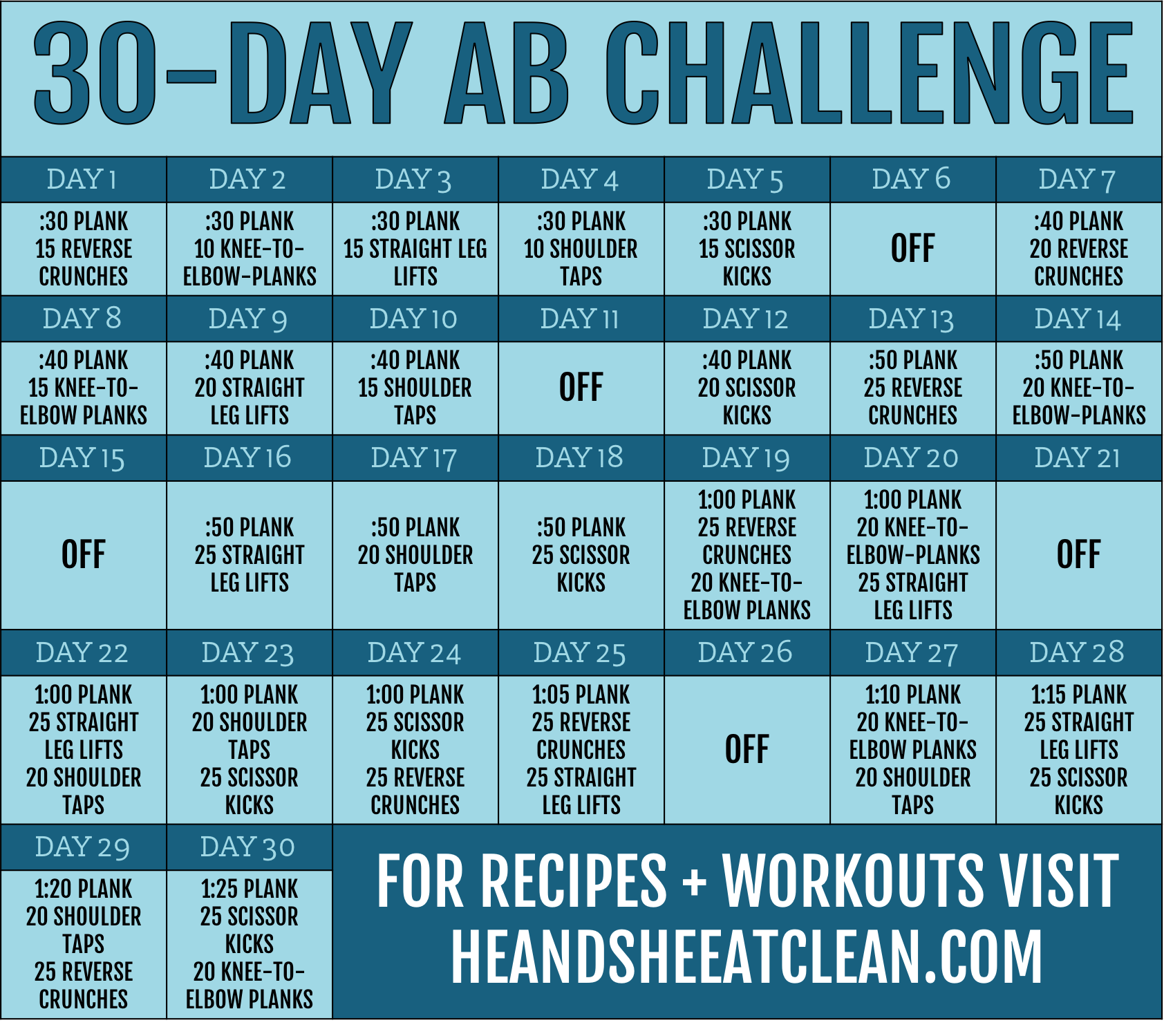Ever been in the grocery store and looked at the bottom (less attractive) racks of the dry, bagged beans only to turn around and pick up the convenient cans? You may rethink your decisions once you read this post! Here's to why you may want to plan ahead and buy dry beans vs. canned beans.
Canned or Dry Beans? What You Should Know...
Canned Beans
Advantages:
- Simple and Quick: Open, Rinse and Go!
- Canning processes really do not degrade nutritional factors. Beans do not lose much of their nutritional value when canned unlike their vegetable and fruit counterparts.
Disadvantages:
- Almost all canned beans include ingredients beside the bean itself, including sugar! (Yep - table sugar!) Be sure to check the labels before you put them in your cart.
- Many of the cans used to contain the beans actually have BPA, an epoxy resin that is thought to have an effect on the brain and behavior of fetuses, infants and children.
- Higher cost per serving than dry beans.
Dry Beans
Advantages:
- Totally clean! You control how you cook the beans and what ingredients you use.
- You choose how long you soak them - if you want to sprout them, you can soak longer and amp up the nutritional value.
- VERY low cost per serving (Two cans is typically the cost for one pound, which is equal to about three or four cans.)
Disadvantages:
- You have to plan ahead in order to use dry beans - they must be soaked and cooked.
- It may take your family a little getting used to the taste of the dry beans if they are used to the taste of traditional canned beans, depending on your spices when you cook them.
It was a no-brainer to me when I discovered that many of my canned beans that I just plucked off the shelves contained added salt and sugar, as well as, were packaged in cans with BPA. Although the dry beans may be a little more time consuming on the front end, you can't beat the cost savings and the nutritional value. Plus, you can freeze the beans after you cook them!
Do you use dry beans? Why did you make the switch?





![#ProgressIsPerfection [3 Simple Ideas to Reach Your Goals]](https://images.squarespace-cdn.com/content/v1/555c964fe4b07d15252a8927/1520969172984-7HDOHI6ZRM0PCZCZ7O67/progress-is-perfection-silk-he-and-she-eat-clean2.jpg)

























